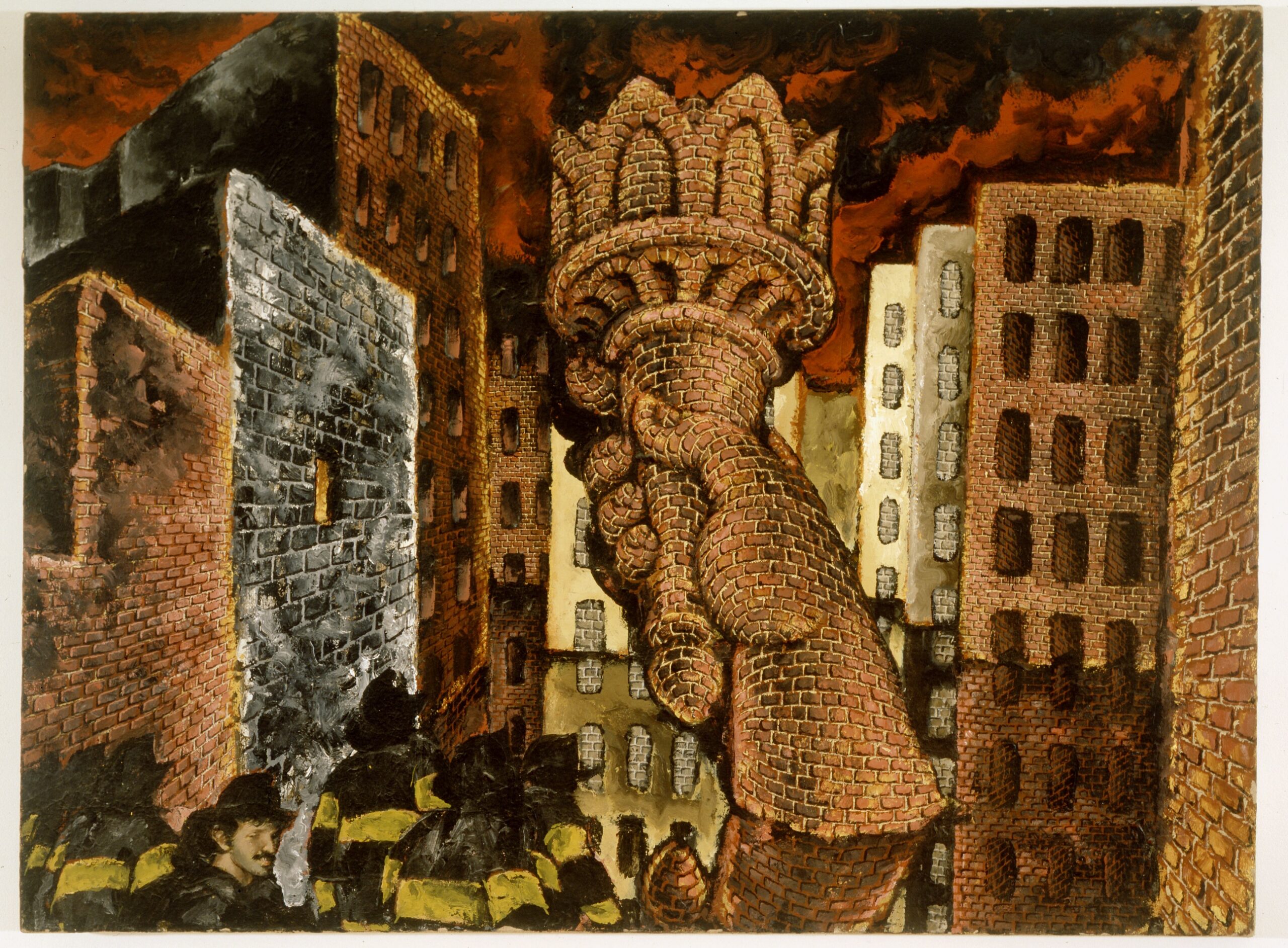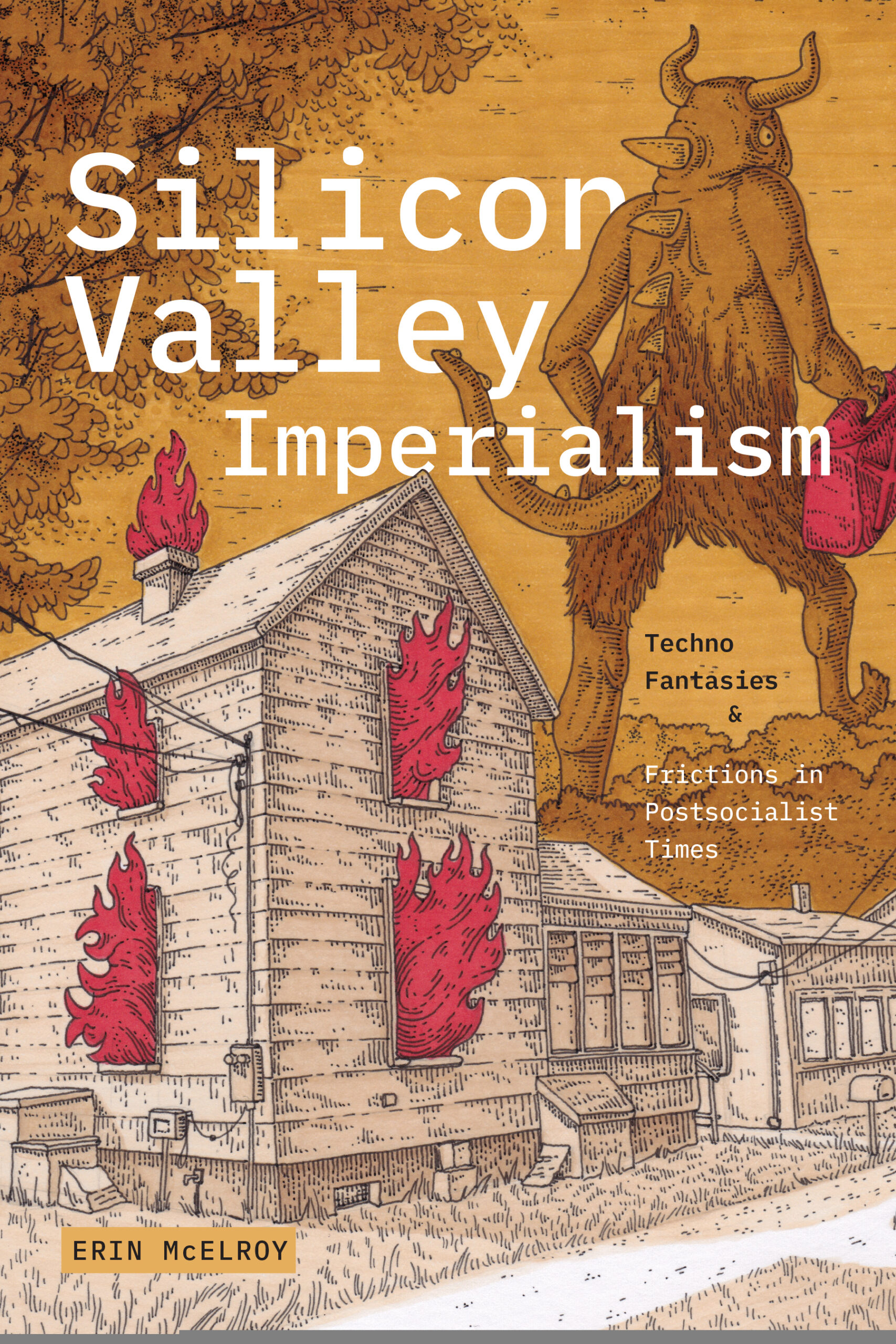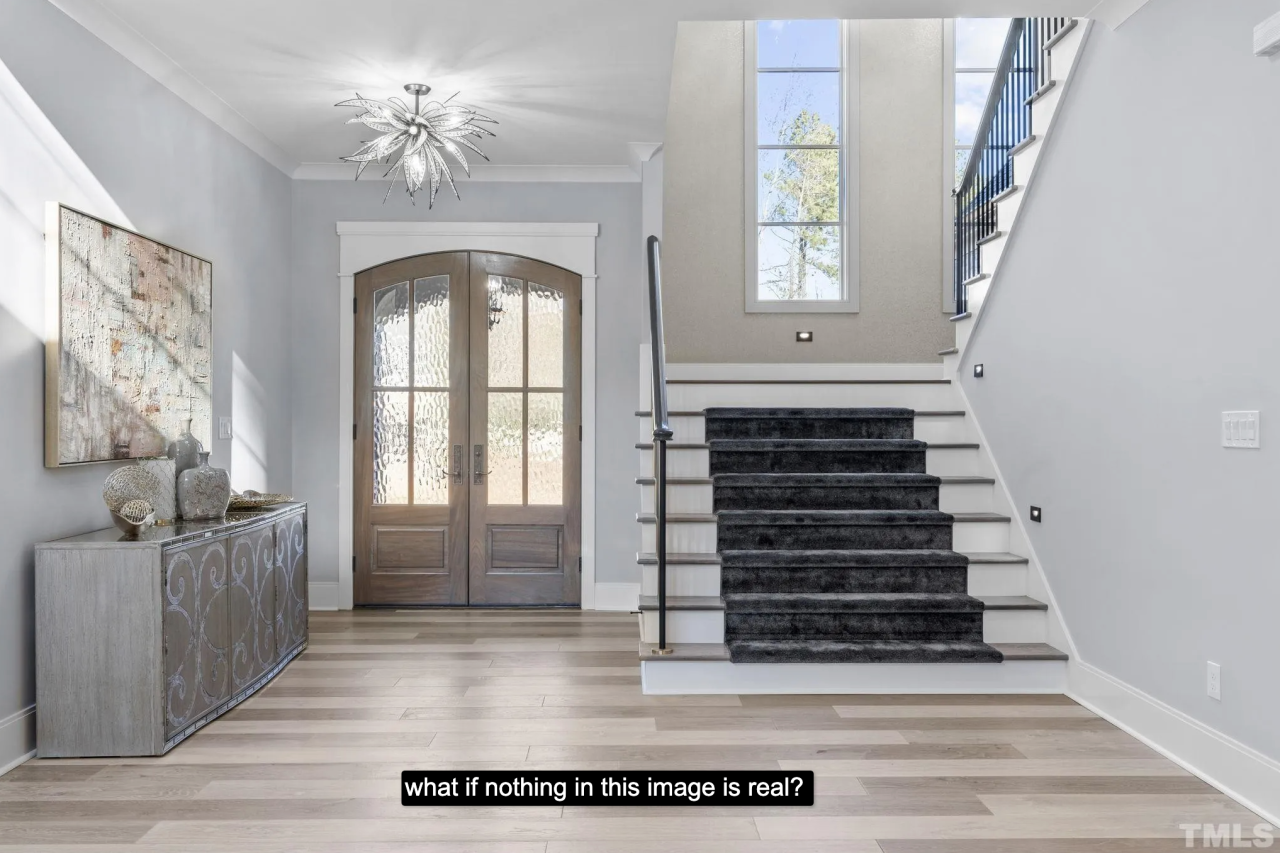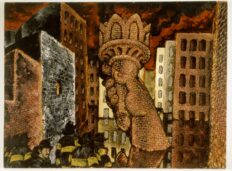Session 3
SPATIALIZED CAPITALISM IN URBANISM’S SHADOW
FEBRUARY 28, 2025
2:00PM-3:30PM
VAN PELT LIBRARY
KISLAK CENTER
This session asks in what way are urban forms of occupation creatively sustained or politically disengaged by capital’s shadows? In the 21st-century city, the built environment is saturated with capital at the intersection point of an ensemble of technologies of power and resistance. The materiality of architecture and the built environment are defined by modalities of spatialization and measurement (data, mappings, and recordings) that can empower or disenfranchise those who are its inadvertent consumers or targets. A full spectrum of analogue and digital modes of representing income, race, displacement, abandonment, removal, resources, movement, and construction controls the access and appropriation of space.
panel keywords: risk, racial capitalism, climate crisis, housing, fire insurance, surveillance, technology, landlords, evictions, organizing, tools, Zillow, housing, shelter media, cultural perceptions of housing
PANELIST TOPICS
Cartographies of Risk, Bench Ansfield

The devastating wildfires in Los Angeles have turned a spotlight on a corner of the insurance world that typically exists in the shadows. Hundreds of articles have recently been published about the California FAIR plan, the state’s insurance provider of last resort, which carries the insurance for large swaths of the torched areas. Though it is now synonymous with wildfire risk, the California FAIR plan is the byproduct of a very different conflagration that hit Los Angeles sixty years ago: the Watts uprising of 1965. This talk examines the strange career of the FAIR plan and the indelible links between the so-called urban crisis of the late twentieth century and the climate crisis of today.
keywords: risk, racial capitalism, climate crisis, housing, fire insurance
Landlord Technologies of Surveillance and Tenant Tools of Resistance, Erin McElroy

In this talk I will focus on surveillance technologies used by landlords and property managers such as biometric cameras that collect data on tenants that can be used to automate evictions and contexts of gentrification. At the same time, I will look at tools created by tenant groups useful for better understanding property ownership networks and landlord technologies so that tenants can more effectively organize for housing justice.
keywords : surveillance, technology, landlords, evictions, organizing, tools
Real Estate Websites as Media and the Public Perception of Housing, Kate Wagner

This talk presents a working theory of aesthetic homogeneity in American interiors as viewed primarily through real estate listing services such as Zillow. Zillow and other such aggregators are the number one interface through which the public now interacts digitally with the built environment, but they have not been properly theorized as media in the same way that shelter magazines and television have been identified as prime movers in design trends and conceptions of the role of housing in society. The omnipresence of real estate aggregators was not a reality even fifteen years ago. Coupled with post-recession cultural and economic changes, these sites create a feedback loop about what housing should be, which is profitable, and how it should look like, which is neutral because neutrality is equivocated with profitability.
keywords: Zillow, housing, shelter media, cultural perceptions of housing
PANELISTS

Kate Wagner The Nation

Erin McElroy University of Washington

Bench Ansfield Temple University
PENN CORRESPONDANTS

Franca Trubiano University of Pennsylvania

Donovan Schaefer University of Pennsylvania

Bench Ansfield

Erin McElroy

Kate Wagner
